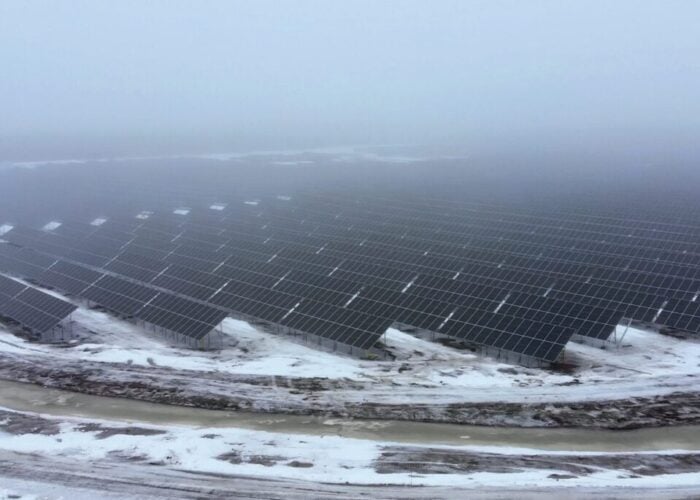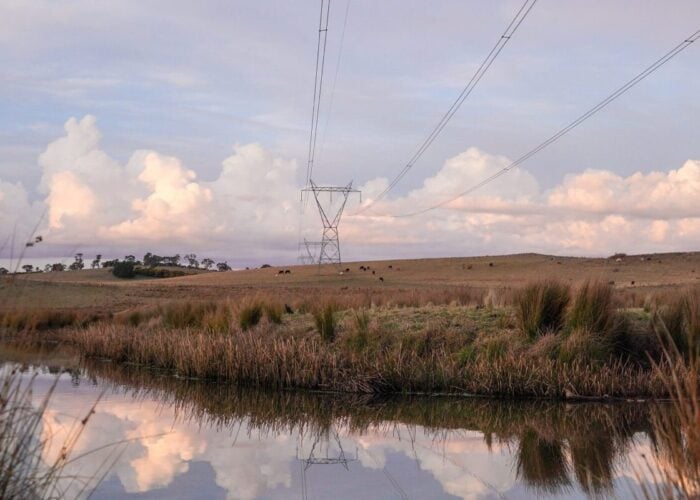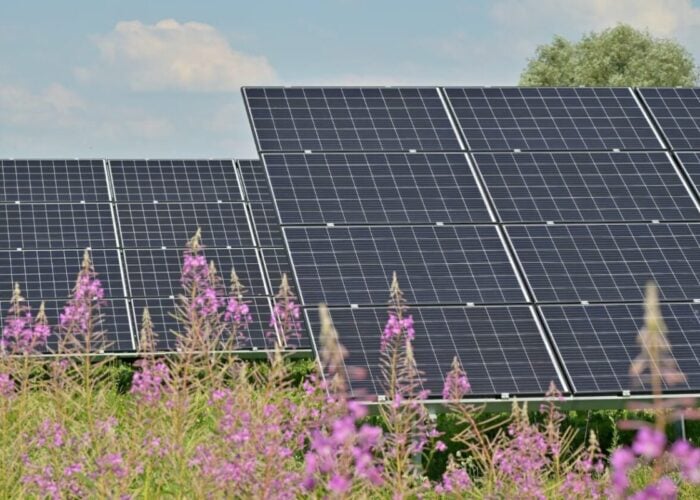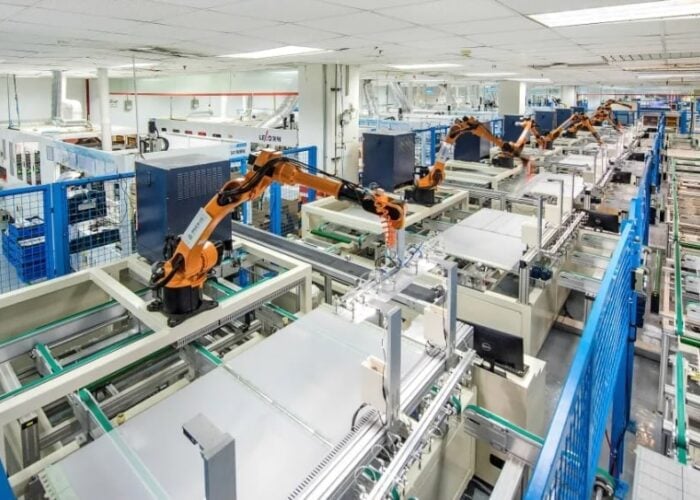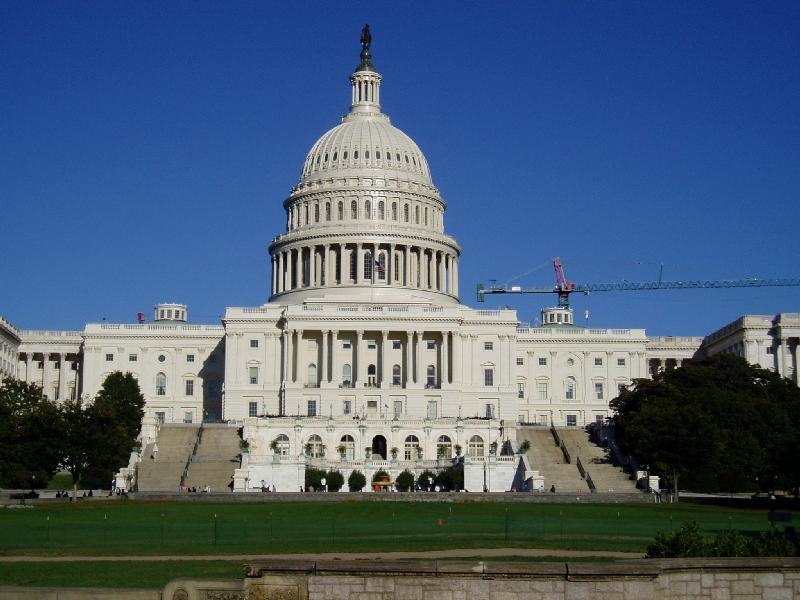
An exemption for bifacial solar panels from Section 201 tariffs in the US has been reinstated after a decision passed down by the US Court of International Trade (CIT).
The judgement, published today, means that as of now bifacial solar modules can be imported to the US free of punitive tariffs under the Trump administration’s Section 201 trade regime.
Try Premium for just $1
- Full premium access for the first month at only $1
- Converts to an annual rate after 30 days unless cancelled
- Cancel anytime during the trial period
Premium Benefits
- Expert industry analysis and interviews
- Digital access to PV Tech Power journal
- Exclusive event discounts
Or get the full Premium subscription right away
Or continue reading this article for free
Furthermore, an increase of the Section 201 tariff rate – enacted by President Trump in October last year, just prior to his election defeat to Joe Biden – from 15% to 18% was rescinded by the CIT. Refunds will be paid to parties to have paid any resultant tariffs.
In its verdict, the court concluded that Trump’s Presidential Proclamation “constituted both a clear microconstruction” of the statute and were deemed to be an action outside of the president’s delegated authority.
The exemption for bifacial modules from the Section 201 tariffs was removed after the then-President Trump laid a Presidential Proclamation in mid-October 2020, calling upon the US Trade Representative to request an investigation by the US International Trade Commission to determine whether or not the tariffs, introduced in 2018, had sufficiently protected the US’ domestic solar manufacturing sector.
It sparked a legal wrangle between the Trump administration and other government officials. The US Court of International Trade was initially expected to rule against the intent of the proclamation and allow the bifacial exemption to continue, while a restraining order was issued against the decision in late October, earning the exemption an effective stay of execution.
However further efforts to keep the exemption in place failed and, once the restraining order lifted in late November, bifacial modules were once again subject to import tariffs.
Today’s development, considered a surprise, has been celebrated by the US solar sector.
Abigail Ross Hopper, president and CEO at the Solar Energy Industries Association (SEIA), said the decision was “clearly the right conclusion”.
“We are committed to building the U.S. solar manufacturing supply chain and we believe there are policies in the Build Back Better Act that will help grow American manufacturing. We look forward to working with the Biden administration and Congress to get these critical policies, including Senator John Ossoff’s Solar Energy Manufacturing for America Act, over the finish line,” she said.

